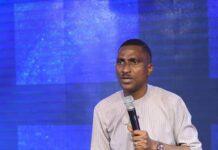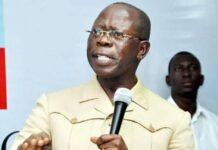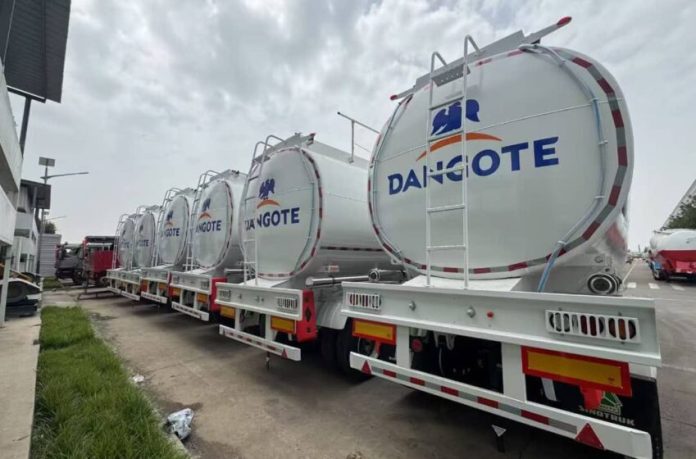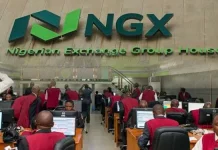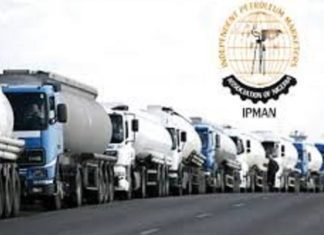The announcement by Dangote Petroleum Refinery to commence distribution of Premium Motor Spirit (PMS) and diesel nationwide — with free logistics and a fleet of 4,000 new compressed natural gas-powered tankers — represents a bold, disruptive step in Nigeria’s downstream sector. Beyond these tankers, the refinery is also investing in daughter booster stations and over 100 CNG trucks to ensure seamless product delivery across the country. The offering includes credit facilities and direct supply to large users such as manufacturers, telecom operators, aviation firms, and other major consumers.
According to Kelvin Emmanuel, Energy Expert and Co-founder of Dairy Hills, this initiative challenges the traditional supply chain that has long enabled inefficiency in Nigeria. Emmanuel notes that marketers have historically profited from arbitrage, depot price manipulation, and questionable bridging claims — with over ₦100 billion currently outstanding from the Nigerian Midstream and Downstream Petroleum Regulatory Authority (NMDPRA). For decades, the fuel distribution system has allowed substandard products and inflated costs to frustrate efforts at achieving stable, fair pricing.
“While some see Dangote’s model as a threat to existing players, it is, in truth, a long-overdue correction,” says Emmanuel. He highlights that the government’s failure to make refineries functional — despite spending billions on turnaround maintenance over the past 25 years — left a vacuum. Now, Dangote’s private-sector solution promises to deliver fair pricing, guarantee nationwide availability, and help control inflation by tackling fuel price disparities that have long plagued the country.
While critics argue that this move could edge out traditional marketers, Emmanuel disagrees. In his view, it forces an industry reset — compelling marketers to deliver real value rather than rely on inefficiencies for profit. He emphasizes the need for the government to support multimodal transport systems — including rail and barges — to complement Dangote’s model, while regulators must ensure fair competition without stifling innovation.
Ultimately, as Emmanuel concludes, this is about providing Nigerians with the energy security they deserve — not about protecting failed systems or entrenched vested interests.
Join Television Nigerian Whatsapp Now
Join Television Nigerian Facebook Now
Join Television Nigerian Twitter Now
Join Television Nigerian YouTUbe Now




